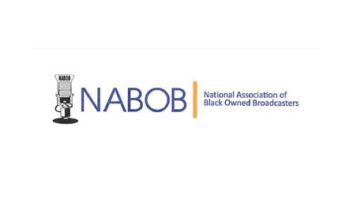Alpine Broadcasting Corp. owner Pete Schartel says as the owner of a standalone AM that operates on an FM translator, he knows how devastating and expensive frivolous interference complaints can be.
The owner/operator of KCXL(AM), Liberty, Mo. has a suggestion for the FCC on how to handle interference complaints against FM translators and low-power FM stations before the agency licenses “a score of new broadcasters,” referring to both the licensing of more LPFMs and the granting of some FM translator applications pending since 2003.
The importance of enabling local, community-based programming on an AM station operating on an FM translator or a LPFM station must be weighed against the fringe coverage of a big station, according to Schartel.
“Being willing to accept real interference from the primary station is why translators and LPFM’s are considered secondary. Having to endlessly defend against a budget-crippling witch hunt with no objective guidelines should not be part of this secondary status,” says Schartel in comments filed to the FCC.
He calls the current FM translator guideline prohibiting what he says is “any” interference “anywhere, anytime, ridiculously broad — a cruel trap waiting to be sprung on these unsuspecting, underfunded new broadcasters.” It’s absurd, writes the AM owner, that a full-power station can complain about interference from an FM translator or LPFM.
And while it’s understandable that full-power stations want to protect their turf, “the reality is every station has signal problems.”
The KCXL owner suggests Longley-Rice coverage studies that take terrain into account be accepted by the commission to defend an FM translator or LPFM from a complaint of alleged interference.
Or, an alternative to manage interference complaints would be to limit them to the 60 dBu coverage area of the primary station. The current translator and new LPFM spacing requirements should be adequate to eliminate interference concerns in almost all cases, according to Schartel.
The FCC invited comments to Dockets 99-25 and 07-172 on all of the rule changes the agency has proposed for FM translators and LPFMs in order to accommodate spectrum needs for both services. Those are due to the commission by the end of May 7.












